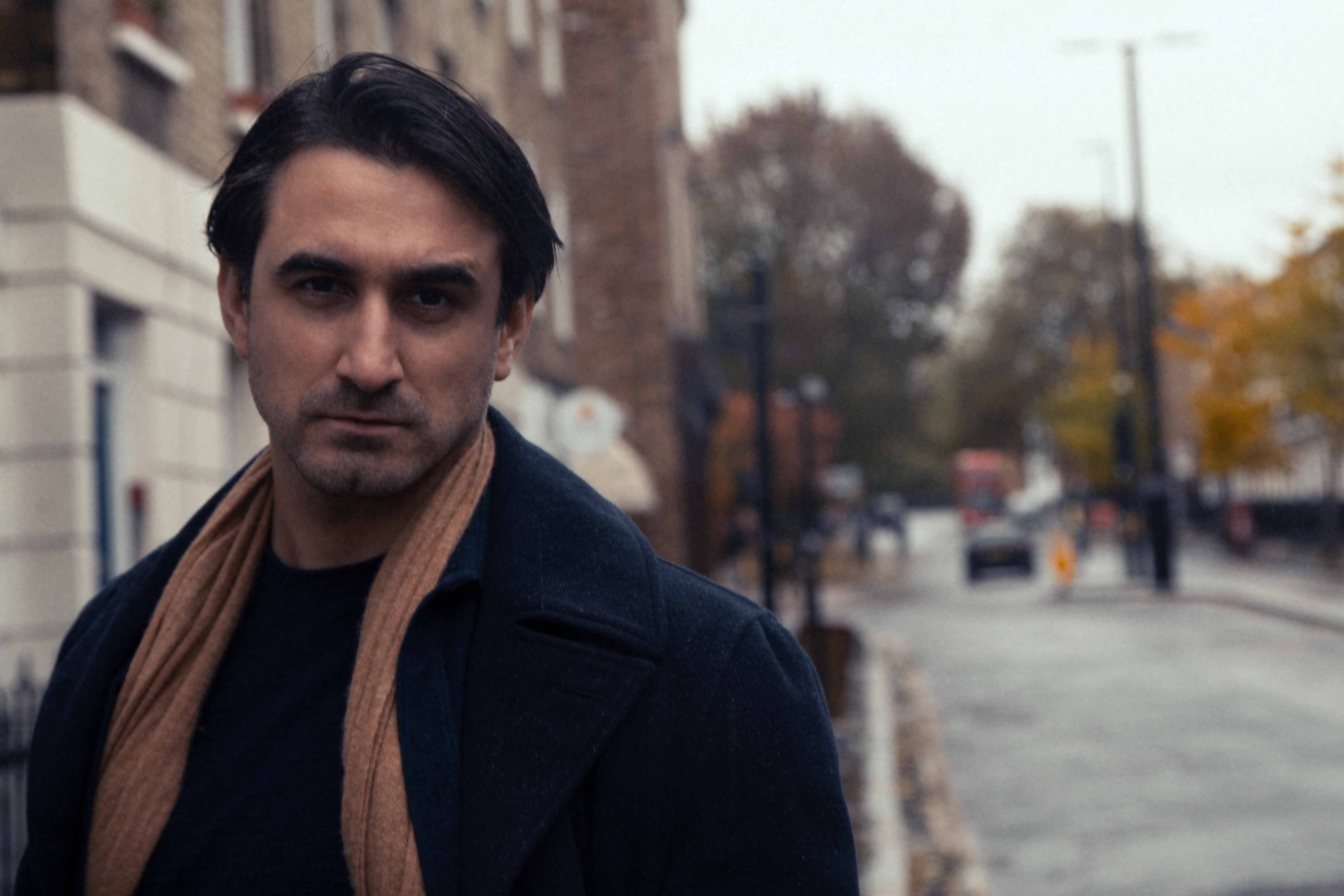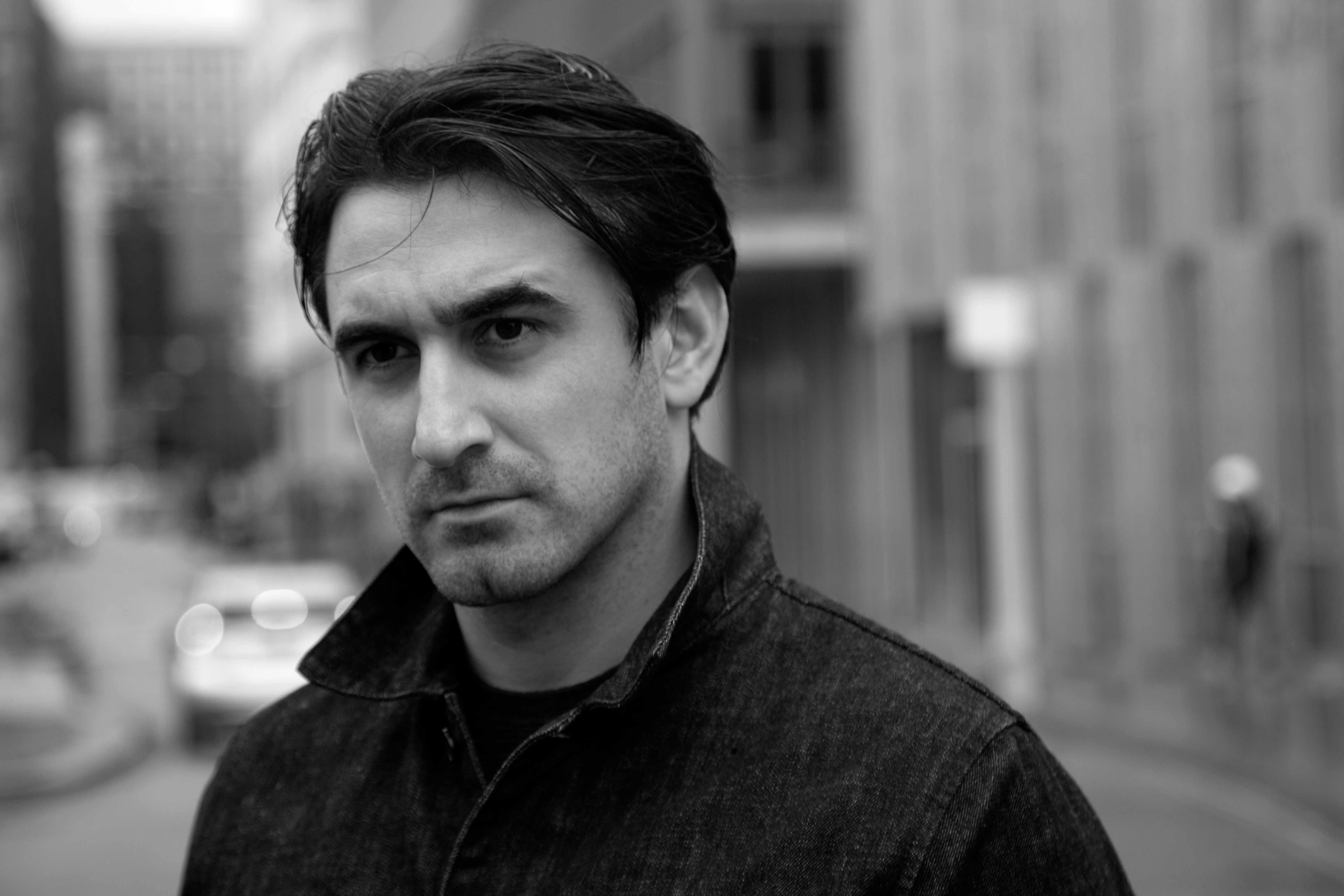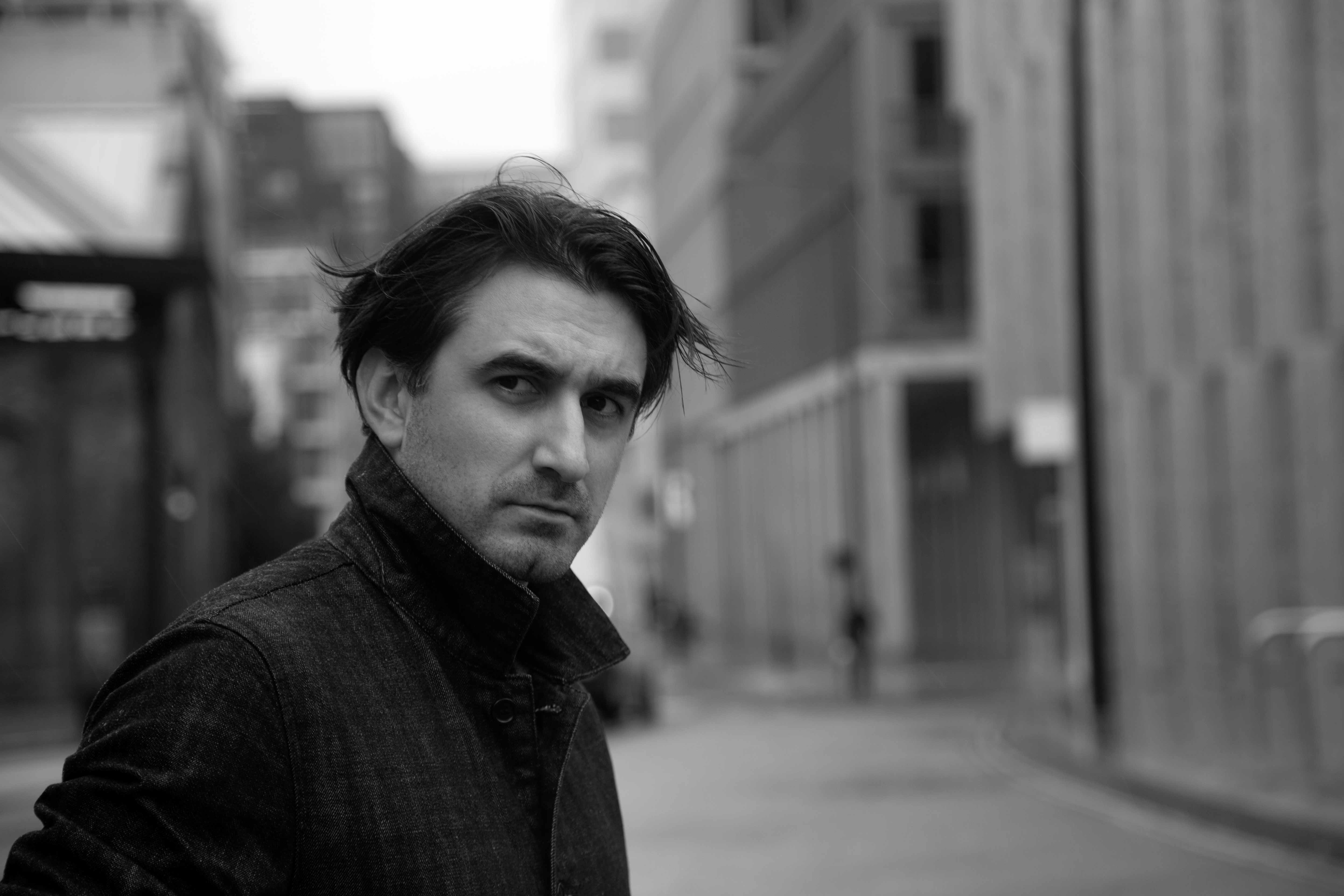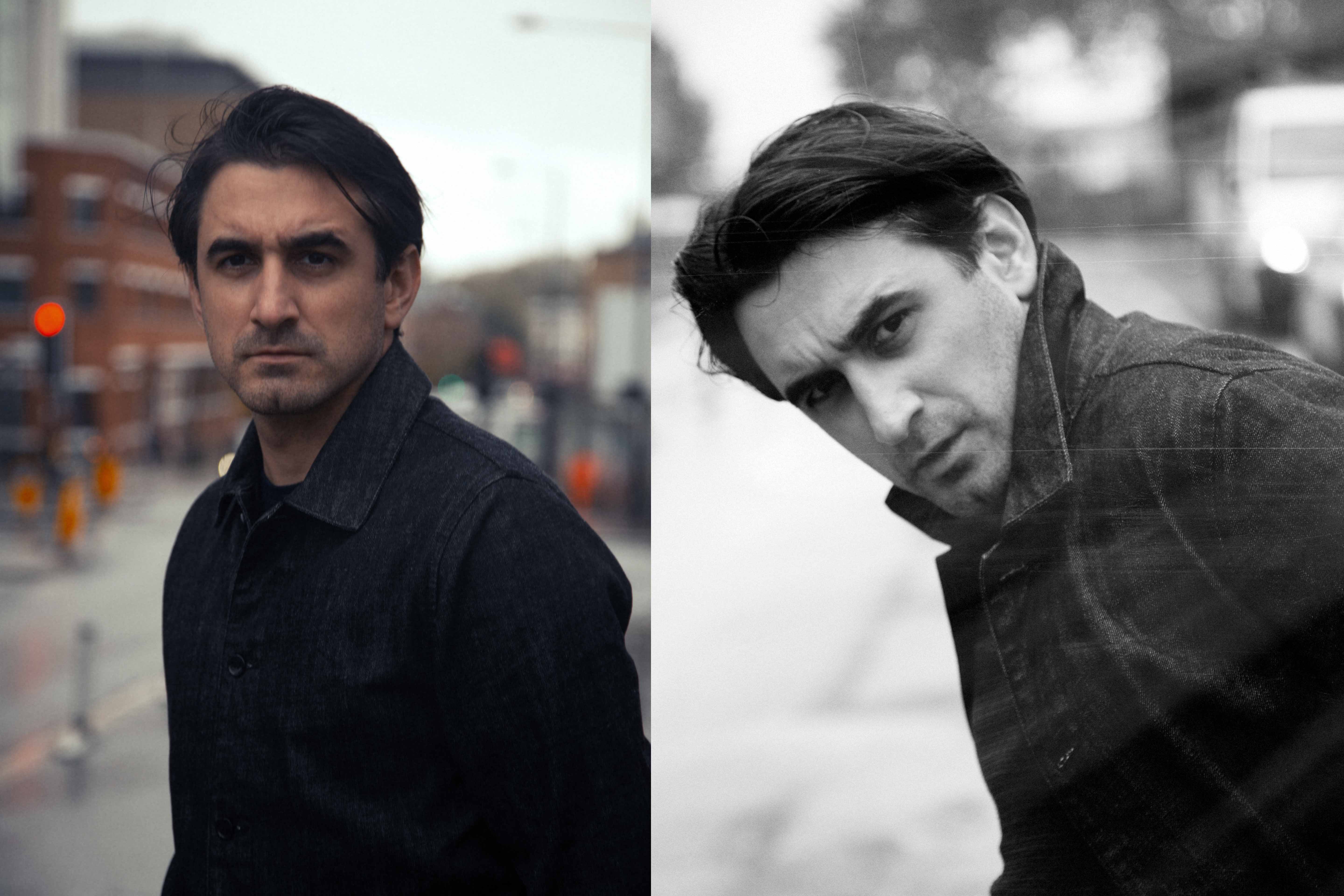You’re about to be seen in the new Netflix feature film Mank. What can you tell us about working the legendary David Fincher?
David’s an exceptionally hard worker, and I found that work ethic spread throughout the cast and crew. It felt like it wasn’t enough for people to have some innate talent, you also had to work your hardest. That should be a given, but it’s all too easy in life to get comfortable in the things you do with ease and not to stretch yourself. He’s one of my favourite directors on the planet, as a film fan, so obviously I was on cloud nine to be in his company. There’s no starriness around him, though – on the first morning of shooting he just said “Hey Fer! Ready to work?” and that kind of set the tone. The process is about focus and precision, and though he’s famous for doing many, many takes, I never found it a chore. I feel like if you’re going to be working with some of the best people in the industry, trying to create something great, you might as well do it as much as possible!
What was the casting process like?
It was pretty straightforward, certainly to start with. I was asked to tape myself for two roles: Thalberg and Houseman (played by my friend Sam Troughton in the film), then my agents and Laray Mayfield (the film’s fantastic casting director) said that David had responded well to my Thalberg audition and that he’d like to send me sixteen more pages or so to tape again. I then had a long conversation with Laray, followed by an even longer Zoom meeting with David, where we read the whole part and discussed what he was trying to achieve in the film. Obviously now I can’t remember a word of it, but it seemed to go well because I got a text message at 4am the next morning saying that I’d be doing the film.
What is your favourite scene in the film and why?
It’s not my biggest scene, but I absolutely love the first scene at San Simeon, where Mank wakes up hungover and finds himself in the middle of a film set. It’s a scene that we ended up reshooting, and I find the final version glorious. It’s pretty early in the film, and it’s the first time we meet Louis B Mayer, Irving Thalberg, Shelly Metcalf, William Randolph Hearst and Marion Davies. I think it shows the surface glamour of the movie business, as well as the nuts-and-bolts and cynicism that can go along with it.
You play the role of film producer Irving Thalberg. How did you prepare to get into such an interesting real-life character?
Irving was an incredibly impressive man, and one of his defining characteristics was that he preferred to be pulling the strings somewhat invisibly, so there’s very little actual footage or audio of the man himself. What does exist, though, is a wealth of stories about him, and in particular his work ethic. So I read some great books and watched a documentary series from 1980 about the birth of Hollywood, which was fascinating in that, being made in 1980, the people being interviewed were actually there in the 1920s and 1930s, so it was like opening an amazing time capsule. Oh, and I spent hours enjoying some of the 400 films that Thalberg produced in his short life.
Were there any aspects of Thalberg’s life that you connected to?
We’re politically very, very different, so it was an exercise in empathy, rather than sympathy! I was fascinated and really moved, though, by Irving’s attitude to time. He has a congenitally weak heart, and wasn’t expected to get much further than adolescence. In the end, he lived until he was thirty-seven, and tried not to waste a second of the time that he had, knowing that each week could be his last. He was interested in today, more than tomorrow. So it was a privilege to try to examine the mind of a man who didn’t have the luxury of time, and so didn’t want to take a single day for granted.
What was it like to work with such an incredible ensemble and was there anything you learnt from any of them?
It was, quite predictably, brilliant. There didn’t seem to be a troublesome ego in the cast (…except of course mine), and the core of the film was made up of actors whose work I love. Most of my time on set was spent with Gary, who I found to be a dream to work with – totally generous and committed to the work, while taking himself pretty unseriously; and with Arliss Howard, who is an extraordinary actor and man. Arliss has lived such an interesting life that I’d get back to my hotel and try to write down as many of the things he’d during the day as I could, as I know that at some point in my life I’ll go “ah, yep, Arliss told me this might happen!” But yes, the whole ensemble, as well as the crew, just made me want to be a little better at my job every day, and hopefully I achieved that in some small way. It was a joy.
Interview by Lorenza Calamandrei
Photography by Andrea Vecchiato



